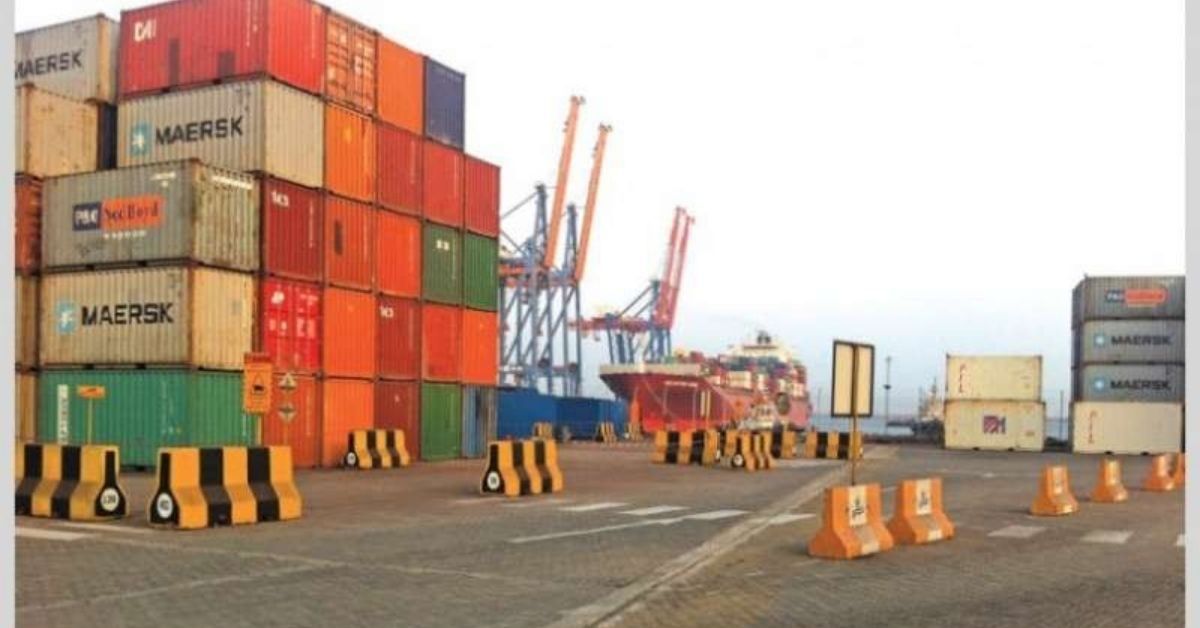Amendment to the Nepal-India Railway Service Agreement ended the monopoly of Container Corporation of India (CONCOR) in transporting goods to and from Nepal but it hardly profited Nepal’s foreign trade. Instead, Nepali importers have been further burdened after the amendment.
Following the amendment to the railway service agreement, two private railway service providers of India emerged as the main competitors of CONCOR. However, the strategies adopted by CONCOR to keep its competitors at bay has badly affected Nepali importers.
Initially, CONCOR had slashed its freight charges significantly to stem out its competitors. Now, it has cut down the size of regular supply of containers all of a sudden throwing the import business out of gear.
CONCOR has been causing problems in supply of containers alternatively at Kolkata Port and Visakhapatnam Port.
Sometime ago, CONCOR had caused problems in supplying rail rakes at Kolkata Port but now it has shifted its focus to Visakhapatnam, where it has downsized the regular supply chain.
As a result, containers inbound for Nepal from third countries have been stuck at the port since the last two months, informed Ashish Lath, a Nepali importer.
“This problem has surfaced at Visakhapatnam port since the last two months after CONCOR refused to provide the required railway service. So we have not received the goods in time,” said Lath, who is also the secretary of Birgunj Chamber of Commerce.
According to him, around 4,000 containers of Nepal-bound goods are currently stuck at Visakhapatnam.
Earlier, CONCOR used to avail 20 trains per month for transportation of goods to Nepal but that number has now been reduced to 7 or 8 per month.
The containers have been piling up at the port as the service provider has availed less number of trains than the actual demand.
“There wasn’t any such problem when CONCOR enjoyed its monopoly. As the competition increased, so did the problems,” said Pradeep Kedia, former chair of Birgunj Chamber of Commerce.
CONCOR is responsible to transfer 90 percent of shipments to Nepal and also has adequate rail rakes to provide the service. However, the problem has surfaced due to the company’s mala fide intention to reduce the number of rail rakes to provide freight service.
Although Hind Terminal and Pristine Logistics from the private sector have started transporting goods up to Nepal, they do not have the required trains to meet the demand.
CONCOR has exploited this weakness of its competitors in its favour.
CONCOR had reduced the freight charge from Kolkata and Visahkapatnam to Nepal by 30 to 35 percent to attract Nepali importers. But it has also reduced the number of trains providing the transportation service that has badly affected the import business of Nepal.
The Nepal-India Railway Service Agreement was amended on June 29 last year. CONCOR issued a notice on September 15 confirming a reduction in freight charge.
According to sources, CONCOR used to make a profit of IRS 12,000 for transportation of one container of goods. However, its profit has been reduced to IRs 5,000 per containers after adjusting the fare. It has been learnt that CONCOR has been providing additional rail racks for transportation of goods of Indian companies where it makes more profit.
Nepal’s Consul General in Kolkata Ishwar Raj Poudel said a similar problem had emerged at Kolkata Port a month ago. The problem was resolved after establishing proper coordination with CONCOR officials at the initiative of the consulate, said Poudel. However, Visakhapatnam does not fall under the jurisdiction of Nepal’s consulate in Kolkata. Nepal’s embassy in New Delhi has been handling the issues faced by Nepali importers at this port.
Nepali importers say that CONCOR, which enjoyed its monopoly for almost one and a half decade, has now started raising various issues after its domination was challenged.
Although the importers do not have to directly bear the late fee, the delay has caused them losses from commercial point of view. The Nepali importers fear that the shipping companies are likely to add the late fee and collect it from the importers if such delays persist any longer. It will result in price hike and the consumers will have to eventually face the burden, says Kedia.
CONCOR needs to agree to ‘no objection’ for other competitors to facilitate Nepal’s import business. However, the Nepali importers say that CONCOR has refused to issue ‘no objection’ letter to its competitors.
Shipping companies benefit from competition
Nepali importers have not been able to benefit from the entry of private companies in transportation of goods to Nepal from third companies via India. The shipping companies takes full charge from transporting cargo containers to the CIF Birgunj. That includes the transportation cost from India’s ports to Birgunj customs. Although the transportation company has reduced the fare by 30 to 35 percent, the shipping company charges the old rate to the Nepali importers.
Although a handful of big importers have started benefitting from the reduction in transportation charge, majority of importers are still denied such facility. Just like the monopoly of CONCOR in transportation of containers, Maersk Shipping Company dominates container supply business. As there is no competition in container supply business, the shipping company is benefitting from the reduction in transportation cost instead of the importers.
Source : New Business Age








